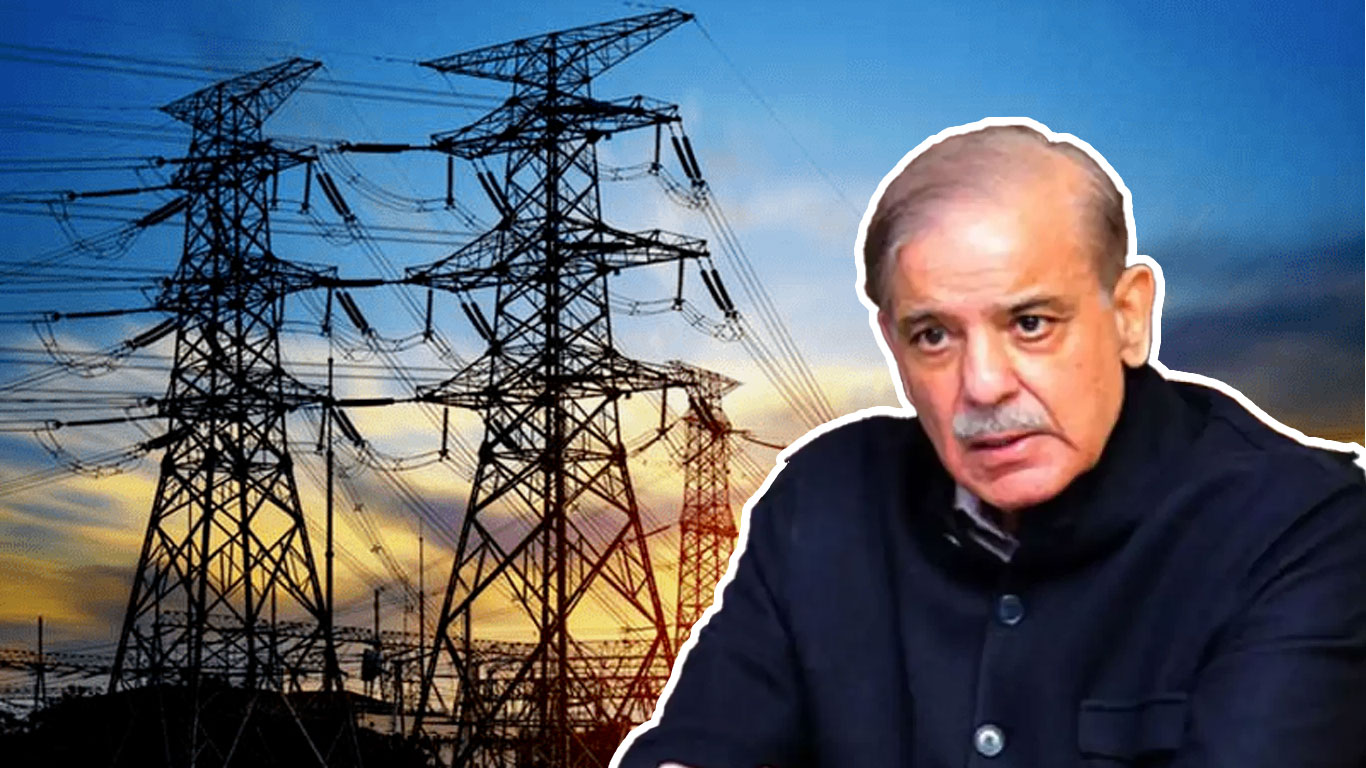Prime Minister Shehbaz Sharif on Monday announced that the process of reforms to further reduce electricity prices is actively underway.
Speaking at a high-level meeting focused on overhauling Pakistan’s maritime sector, the Prime Minister said that sustainable reforms in the energy sector have already resulted in an average reduction of Rs 7.50 per unit, benefiting both households and industries. He assured that this relief will continue as the government pursues long-term solutions.
The meeting, held under the PM’s chairmanship, revealed a comprehensive reform roadmap for the maritime industry. Key developments include the formulation of a National Dredging Plan to meet the country’s port maintenance needs for the next decade. A National Dredging Company will be formed to manage the process in all ports.
In a strategic effort to rebuild Pakistan National Shipping Corporation (PNSC), the government has sealed a 25-year plan for its reconstruction and enhancement. This involves the inclusion of the private sector through Public-Private Partnerships (PPP). The meeting also proposed the launch of a financial, human resources, and performance audit of all ports to boost their efficiency.
To support port modernization, a plant is being set up in Gaddani to safely dispose of chemical waste and hazardous materials. A new Pakistan Maritime Port Act is also in its final stages, aimed at enforcing uniform policies across all ports.
Prime Minister Shehbaz called for swift upgrades in customs clearance by speeding up processes in the red and yellow channels, similar to the green channel. He also directed immediate action to reduce container clearance times and expedite auctions of unclaimed containers to free up port space. Plans to install advanced scanners at all ports will also be accelerated.
Shehbaz Sharif expressed appreciation for the maritime reform task force and other stakeholders for their dedication. He noted that reforms are critical to unlocking Pakistan’s blue economy potential and emphasized that “the stagnation in the maritime economy must end now.”
Attendees at the meeting included Deputy PM and Foreign Minister Ishaq Dar, Army Chief General Asim Munir, and federal ministers including Khawaja Asif, Ahsan Iqbal, Azam Nazeer Tarar, and senior officials from relevant ministries and institutions.






